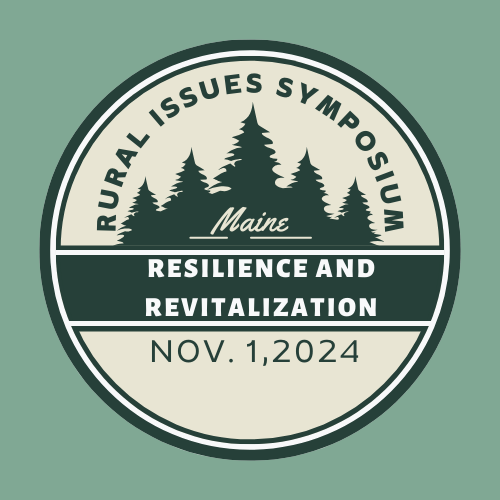Files
Download Full Text (714 KB)
Description
Rural areas are experiencing a shortage of qualified teachers. Engaging in collective teacher leadership work has been linked to increased self efficacy for teachers and improved retention. While conceptualized in a variety of ways in the literature, most scholarship on teacher leadership focuses on how the actions teachers take relate to improved classroom practice and school culture. We view teacher leadership as a complex, non-linear, both/and process, one in which teachers do transform their identities and their practice to enhance student achievement, but also as an expanded role for teachers within their schools, districts, states, and beyond. Over the past four years, we have coordinated the Teacher Leadership Collaborative (TLC), a voluntary group of teacher leaders from across the state of Maine (and beyond) and in a variety of career stages that meet monthly to engage in collective inquiry and non-positional mentoring. The TLC is founded in a framework we developed for teacher leadership that has three pillars: inquiry, social justice, and an extended role. We have conducted participatory action research alongside the TLC members, which has been presented at international conferences and produced a co-authored publication. Our collaborative work demonstrates the value of non-hierarchical teacher leadership communities as re-moralizing spaces for educators who may otherwise feel isolated. This is particularly salient in rural areas, and we have used a combination of virtual, in-person, and hybrid structures to create connections that cross boundaries of geographic and institutional space.
Publication Date
10-28-2024
Recommended Citation
Buchanan, Rebecca; Thurman, Kari; Edward, Bailey; Goodsell, Carli; Mathieu, Ethan; Weitman, Mo; and Snyder, Miranda, "Cultivating Teacher Resilience through a Teacher Leadership Collaborative" (2024). Rural Issues Symposium. 57.
https://digitalcommons.library.umaine.edu/rural_issues/57



